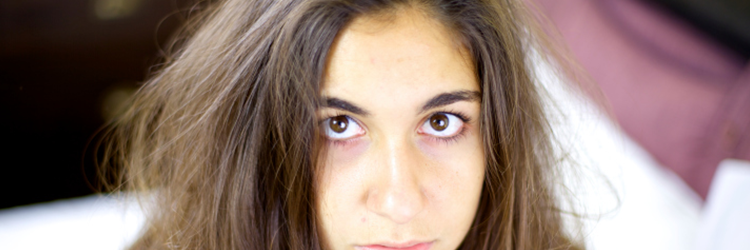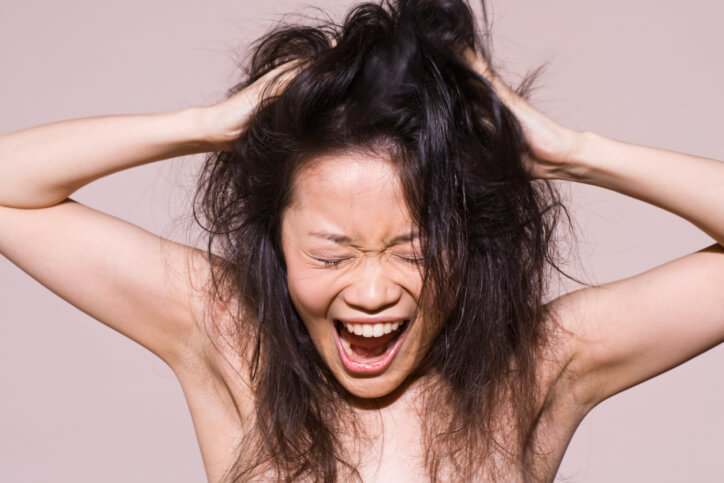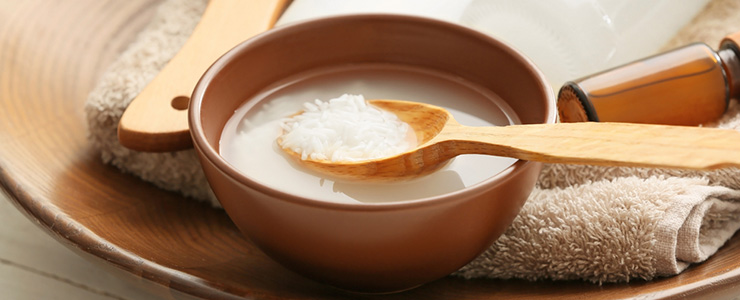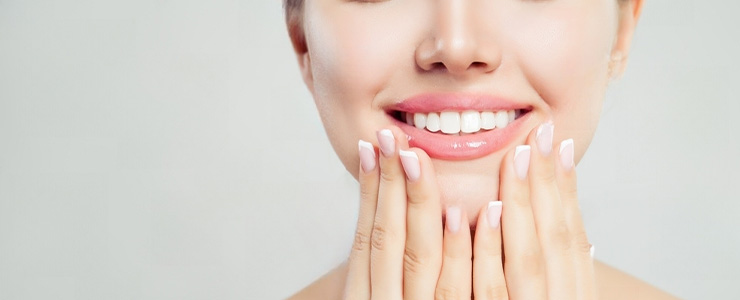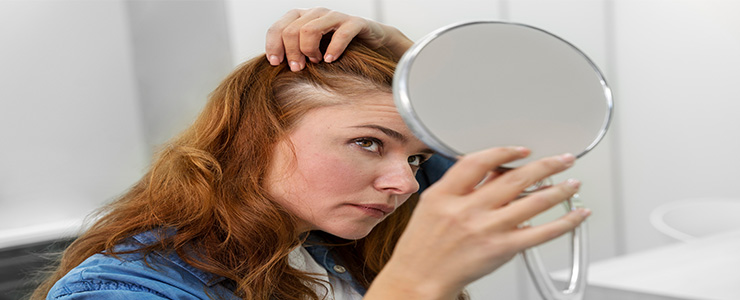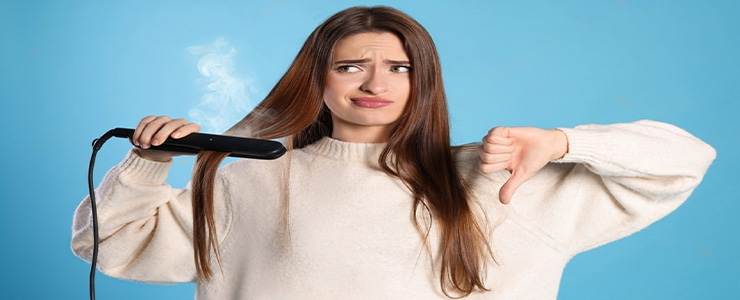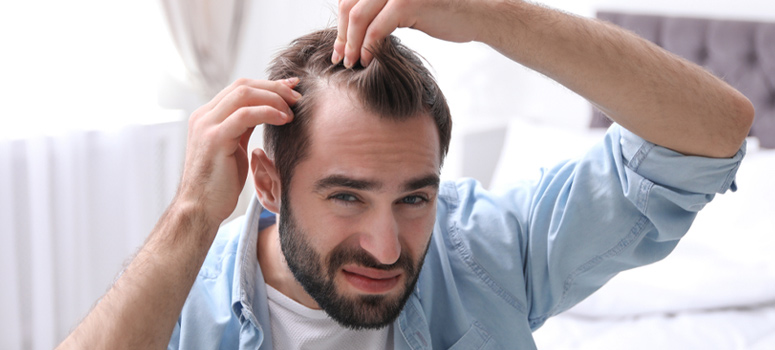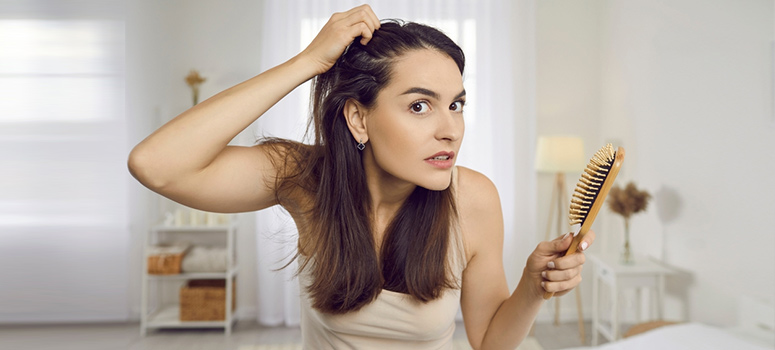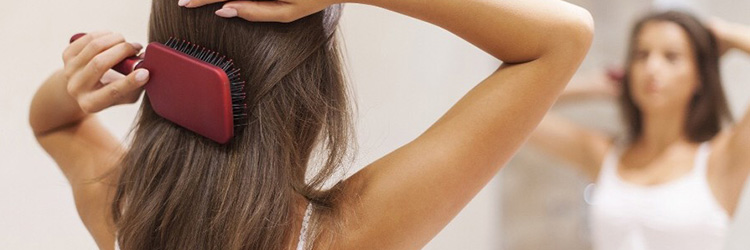Dry, brittle, and damaged hair lacks sheen and often appears unhealthy. People with dry hair also experience extra hair breakage, making their hair unruly at times. This makes it tricky to attain a lustrous and sophisticated hairstyle. Keeping your hair hydrated is a good way to make sure your hair becomes glossy, strong, and more manageable.
What Do You Mean By Dry Or Damaged Hair?
Dry or damaged hair means a lack of enough moisture and oil in the hair to sustain its normal shine and texture. Hair can get damaged when the scalp is not able to make sufficient oil to moisturize it, or when the hair lets moisture escape. Insufficient oil production makes the hair look dull and lifeless due to a lack of natural lubrication. The shine and moisture of the hair rely on oil made in the root of the hair. As you age, your hair makes a smaller amount of natural oil. Since the hair roots under your skin get dry, your scalp also becomes dry.
What Are The Causes of Dry Hair?
-
- Malnutrition:
It is a condition caused due to a lack of proper nutrition resulting from insufficient dietary intake or from a lack of balanced diet. Problems with digestion, an inadequate diet, and medical problems can all play a role. Malnutrition is also known to cause dry hair due to nutritional deficiency.
-
- Overdoing Hair Care:
Habits like too much shampooing can strip away essential components that help your hair retain moisture. Hair perm treatments and hair dyes that expose hair to harsh chemicals have terrible effects on your locks. Do not experiment excessively as this may cause dry hair.
-
- Excessive blow-drying:
The excess use of hairdryers can damage hair and result in dry hair. Overuse of electric curlers and curling irons also contributes to dry hair.
-
- Anorexia nervosa:
It is a disorder in which a person starts to skip meals, eats little, or exercises extensively to lose as much weight as possible. When it leads to more weight loss than is considered healthy, it usually causes a deficiency of vital nutrients in our body. Dry and damaged hair can be the initial symptom of anorexia.
How To Manage Dry Hair?
- Conditioners:Every strand of strong hair has a defensive layer called the cuticle. In a strong cuticle, the layers lie securely together and retain the moisture in. When a cuticle layer separates and peels away from hair, its ability to hold moisture is compromised – some oil escapes.Intensive conditioning can help treat dry and damaged hair. Conditioning shampoos for dry and damaged hair contain large molecules that stick to the damaged scales of the cuticle (causing dry hair). They then fill in the fractures and fissures, make hair smooth and impart softness and luster to dry hair. They help make hair manageable, repair damaged hair, and improve texture.
The molecules present in conditioners that help deal with dry hair include hydrolyzed proteins, dimethicone, and cationic polymers. [2]
- Avoid Blow Drying And Harsh Styling Products:Exposure of hair surfaces to hot temperatures tends to damage your hair and make it dry. Therefore it is advised to use slightly warm or cold water to wash your hair. Hot water can strip your hair of essential oils leading to dry hair while cool water helps retain moisture and impart a healthy shine to your hair. Considering the surface damage that hair dryers or blow-drying can cause, experts recommend using a hairdryer in a continuous motion from a distance of 15 cm.
- Eat for your hair:Nutrition is a vital component for the healthy growth of human body. Therefore, eating foods containing nutrients good for your hair can go a long way in managing or preventing dry hair and other problems associated with hair.Experts recommend foods rich in protein (beans and pulses), carbohydrates (brown rice, wholegrain bread, and wholemeal pasta and oats), vitamins and minerals (carrots, peppers, sweet potatoes, and green vegetables), and biotin (eggs, cheese, yogurt, breakfast cereals, and chicken) to ensure complete hair health.
When to see your dermatologist?
- You can see a dermatologist if:
- You are taking treatment for dry hair but the results are not showing.
- Your hair does not improve with gentle treatment
- You are experiencing excessive hair loss or hair fall
- You have any other unexplained symptoms

